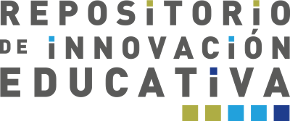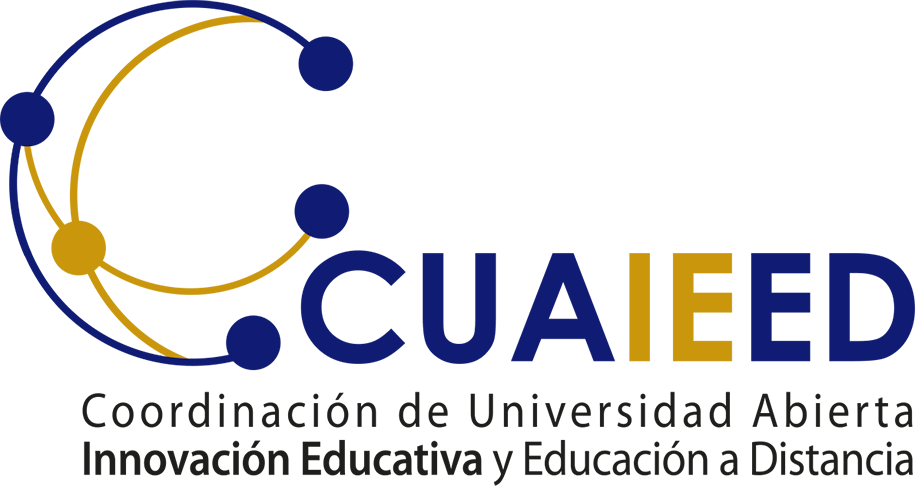Por favor, use este identificador para citar o enlazar este ítem:
https://www.innovacioneducativa.unam.mx:8443/jspui/handle/123456789/7375Registro completo de metadatos
| Campo DC | Valor | Lengua/Idioma |
|---|---|---|
| dc.contributor.author | Herrera Pavo, Miguel Ángel | - |
| dc.contributor.author | Orellana Navarrete, Verónica | - |
| dc.contributor.author | Espinoza-Weaver, Yadhira | - |
| dc.contributor.author | Rodríguez, José Daniel Espinosa | - |
| dc.date.accessioned | 2023-03-24T01:03:36Z | - |
| dc.date.available | 2023-03-24T01:03:36Z | - |
| dc.date.created | 2022-12 | - |
| dc.date.issued | 2022 | - |
| dc.identifier.issn | 2550-6587 | - |
| dc.identifier.uri | http://132.248.48.19:8080/jspui/handle/123456789/7375 | - |
| dc.description.abstract | Abstract The Ministry of Education of Ecuador developed during 2020 a project for the collaborative construction of a new pedagogical model for public education following the normative framework and the theoretical foundations of the Ecuadorian curriculum, inspired by socio-constructivist and critical pedagogy. Within the framework of this project, between October 2020 and January 2021, an action-research process was carried out with eight public schools, five located in rural areas and three in urban areas. This process aimed to explore the possibilities and limitations for the application in the daily practice of the classroom of the proposed pedagogical model. The schools’ interventions responded to the four phases of the spiral of reflection and were developed under a collaborative advisory model. The main findings showed the educational communities' innovation strengths for the teaching and learning processes in terms of the design of the joint activity. They also reveal the deficiencies of the teaching teams in methodological issues related to planning and evaluation. Likewise, the need for close support under the collaborative counseling model was identified as an essential aspect; this counseling is essential to promote processes of reflective practice and strengthen the appropriation of the new pedagogical model and its application by teachers. | - |
| dc.language.iso | es | - |
| dc.title | Posibilidades y limitaciones de implementación de un nuevo modelo pedagógico para la educación pública ecuatoriana | - |
| dc.type | journalArticle | - |
| dcterms.bibliographicCitation | Herrera Pavo, Miguel Ángel, Orellana Navarrete, Verónica, Espinoza-Weaver, Yadhira, & Rodríguez, José Daniel Espinosa. (2022). Posibilidades y limitaciones de implementación de un nuevo modelo pedagógico para la educación pública ecuatoriana. Revista de Ciencias Humanísticas y Sociales (ReHuSo), 7(3), 63-80. Epub 05 de diciembre de 2022.https://doi.org/10.33936/rehuso.v7i3.5151 | - |
| dc.identifier.sinne | SCI259 | - |
| dc.identifier.url | http://scielo.senescyt.gob.ec/pdf/rehuso/v7n3/2550-6587-rehuso-7-03-00063.pdf | - |
| dc.subject.keywords | comunidades de práctica | - |
| dc.subject.keywords | investigación-acción educativa | - |
| dc.subject.keywords | modelos de enseñanza; | - |
| dc.subject.keywords | pedagogía crítica | - |
| dc.subject.keywords | Socio-constructivismo | - |
| dc.subject.keywords | communities of practice | - |
| dc.subject.keywords | critical pedagogy; | - |
| dc.subject.keywords | educational action research | - |
| dc.subject.keywords | socio-constructivism | - |
| dc.subject.keywords | teaching | - |
| dc.relation.fuente | SciELO Ecuador | - |
| dc.relation.journal | Revista de Ciencias Humanísticas y Sociales (ReHuSo) | - |
| dc.source.novolpages | 7(3): 63-80 | - |
| dc.identifier.doi | 10.33936/rehuso.v7i3.5151 | - |
| Aparece en las colecciones: | Artículos científicos y académicos | |
Ficheros en este ítem:
No hay ficheros asociados a este ítem.
Los ítems de DSpace están protegidos por copyright, con todos los derechos reservados, a menos que se indique lo contrario.


